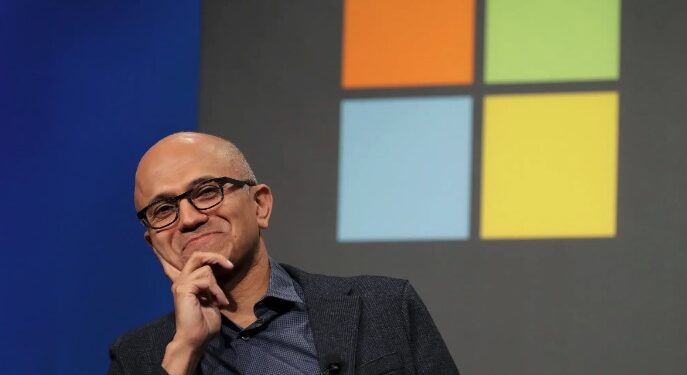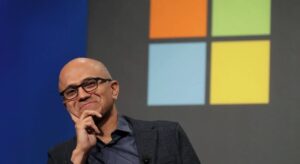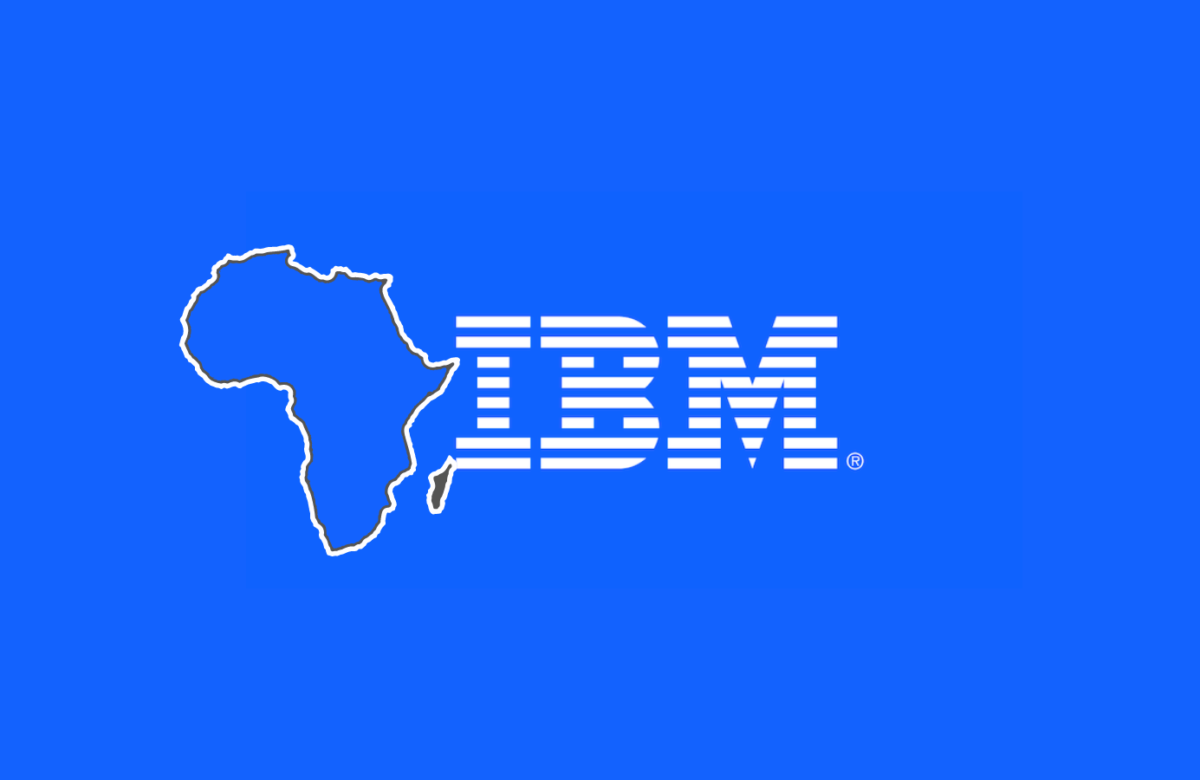
Microsoft says AI could contribute $1.2 trillion to Africa’s economy by 2030
- Economy
- No Comment
- 59

Tech giant, Microsoft, has projected that Artificial Intelligence (AI) could add about $1.2 trillion to Africa’s economy by the year 2030.
This amount is part of a total of $15.7 trillion projected as a possible contribution of the technology to the global economy by the same year.
A Commercial Lawyer with Microsoft Africa, Theo Watson, made the projections in his presentation, “AI Opportunity in Africa” at the African AI Journalists Academy held virtually on Thursday.
He noted that the $1.2 trillion that could be generated in Africa would boost the continent’s GDP by 5.6% by 2030.
AI regulation
Watson, however, emphasized the need for responsible regulation of AI to accelerate its opportunities and reap its benefits. According to him, as the world navigates this AI-powered future, our journey must be underpinned by responsible and sustainable innovation.
He said that this would ensure that the progress of AI in the nation remained aligned with human values and societal norms.
- “Responsible and sustainable innovation will ensure that AI progress aligns with the needs that define Africa’s vastly diverse cultures.
- “This involves a deep engagement with the continent’s unique challenges, recognizing their complexity and prioritizing those that AI can help solve.
- “Also, collaborating with relevant stakeholders will be key to ensuring that AI solutions are not just technologically advanced but also culturally attuned and genuinely beneficial to African societies,’’ he said.
Microsoft’s AI journey
Watson stressed that building trust and security was key and Microsoft responsible AI journey started in 2016. He said that the Microsoft AI journey was accompanied with its AI principles of fairness, rehabilitation and safety, privacy and security, inclusiveness, transparency and accountability.
Also speaking during the webinar, Akua Gyekye, Government Affairs Director, Microsoft Africa, said the world was changing and industries are transforming rapidly and drivers of economic growth are evolving.
Gyekye said that technology was addressing socioeconomic delivery issues, such as health, education, and agriculture among others, adding that the impact was real.
According to her, eThekwini Metropolitan Municipality in South Africa is leveraging AI to reduce water wastage and provide innovative water and sanitation service to its growing population.
- “Farmers in Nigeria and Kenya are getting customised advice on farming based on AI, advice on soil and weather data.
- “This helps them to make evidence- driven decisions and increase yields using technology to do the research and help find the right use of AI to boost productivity of their workforce,” she said.
Gyekye, however, highlighted some blueprint for governing AI that could accelerate opportunities in Africa, noting that this included promoting transparency and ensuring academic and public access to AI.
Gyekye also highlighted safety brakes for AI systems that control critical infrastructure, new public-private partnerships to use AI as an effective tool to address the inevitable societal challenges that come with new technology.
By Samson Akintaro
https://nairametrics.com/2024/04/05/microsoft-says-ai-could-contribute-1-2-trillion-to-africas-economy-by-2030/



